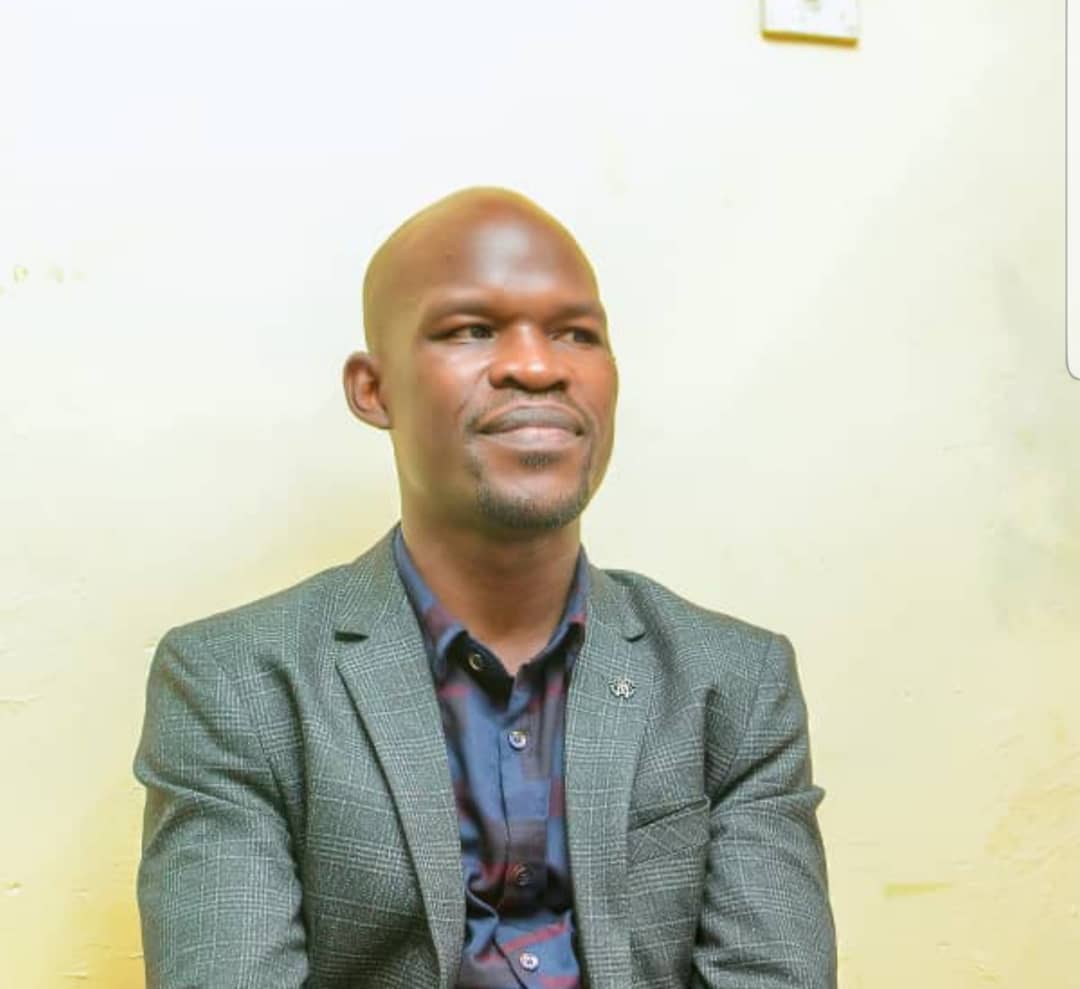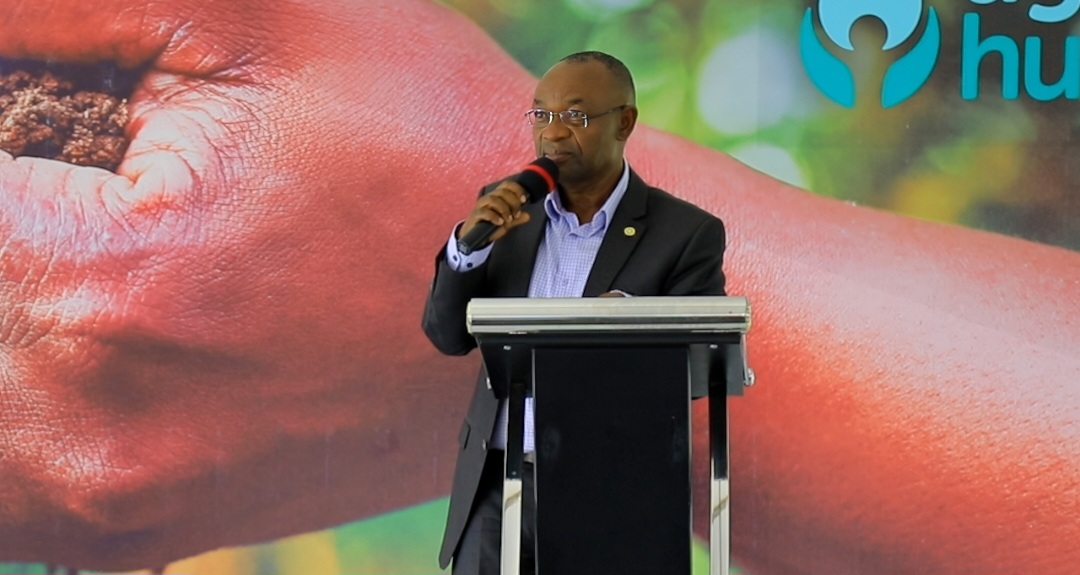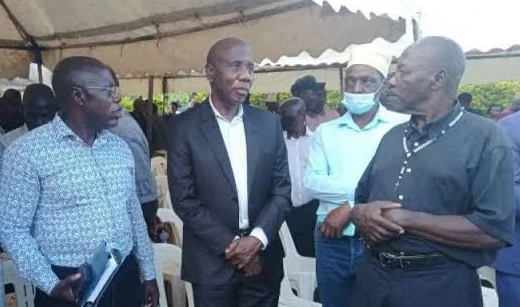In Uganda’s growing private sector, corporate workers often project an image of upward mobility well-dressed, technologically connected, and professionally engaged. However, beneath the surface lies a brewing discontent. For many, the dream of a thriving, respectful, and equitable work environment remains just that a dream.
Low wages, workplace harassment, tribalism, lack of job security, and muted voices in company decisions continue to plague Uganda’s white collar workforce. While many point fingers at employers and economic constraints, there’s a deeper, often overlooked solution which is the power of the vote.
The Workplace is a mirror reflecting the Governance, Uganda’s political landscape is inextricably linked to the corporate sector because Policies that govern labour laws, taxation, health insurance, pensions, maternity leave, minimum wage, and dispute resolution are shaped by the political class. If workers want real change in their workplace, they must demand it from political leaders who are responsible and represent values.
Unfortunately, Uganda’s middle class, especially those in corporate roles, often remains politically passive. Many see politics as a dirty game so reluctantly leave it to Boda Boda and market vendors or believe their vote won’t count. But such apathy is self-defeating. A workplace without justice reflects a government that prioritizes the political elite and ignores the worker.
Ugandan corporate workers in banking, Education, telecommunications, logistics, law, insurance, and NGOs face a cocktail of challenges, despite long hours and high performance, many are underpaid relative to regional standards. The absence of a living wage policy further widens this gap and when it comes to Contracts, are increasingly short-term and exploitative, with companies quick to terminate without just cause.
Harassment and Discrimination, Gender-based violence, tribal favoritism in promotions, and toxic management practices are prevalent yet unpunished due to weak labour protections.
Lack of Representation, Worker unions in corporate Uganda are either non-existent or toothless. This vacuum allows employers to set terms without resistance.
These injustices aren’t just workplace issues, they are policy failures. And policy is shaped by the leaders elected into office therefore corporate worker should use their Ballot as a Tool for Change.
The upcoming elections, whether national or local — present a crucial opportunity for Uganda’s corporate workforce. By engaging in political processes, they can help elect leaders who understand and prioritize labour issues.
Workers must ask, Which candidates support a living wage? Who has a track record of strengthening labor laws? Who is willing to confront corporate exploitation and promote workplace equality?
It’s not enough to vent in office WhatsApp groups or retreat into silence. Voting is the most powerful, peaceful protest a citizen can make. And for corporate professionals — often more informed and educated their vote carries the weight of expectation and leadership.
Globally, some of the biggest labour reforms came when educated and urban workers got involved in politics. From the rise of social democracy in Europe to the pro-worker movements in South Africa and Ghana, white-collar professionals played a critical role in aligning national governance with workers’ rights.
In Uganda, the seeds of such a movement are needed, Corporate work should advocating for fair wages with solidarity, fight tribalism, advocate for anti-harassment policies and other for a better working environment. Without engaging in civic roles as responsible citizens corporate working environment will remain depressing.
Corporate workers must begin to understand that silence is complicity, by abstaining from elections or voting based on tribal or emotional lines, they endorse a system that continues to undervalue and under protect them.
The next time a supervisor humiliates an employee in front of colleagues, remember: it’s not just the manager, it’s also the law that allows it. When you receive a paycheck that barely covers rent, ask yourself: who voted against minimum wage legislation? The answers all trace back to political decisions.
Voting isn’t just about who becomes president, the MP who sits on the labour committee, and the minister who signs wage policy into law.
You Either continue to endure injustices silently or recognize that your keyboard and clipboard must be accompanied by a ballot paper. The fight for workplace dignity, fair pay, and human decency does not begin at the Human Resource desk, it begins at the ballot box.
It’s time for corporate Uganda to rise, not just in productivity and professionalism, but also in political consciousness. The future of fair working environment depends on you.
The author is a Social Development specialist and CEO Bridge Your Mind Centre.
Email; bwani.jose@gmail.com
Do you have a story in your community or an opinion to share with us: Email us at Submit an Article








